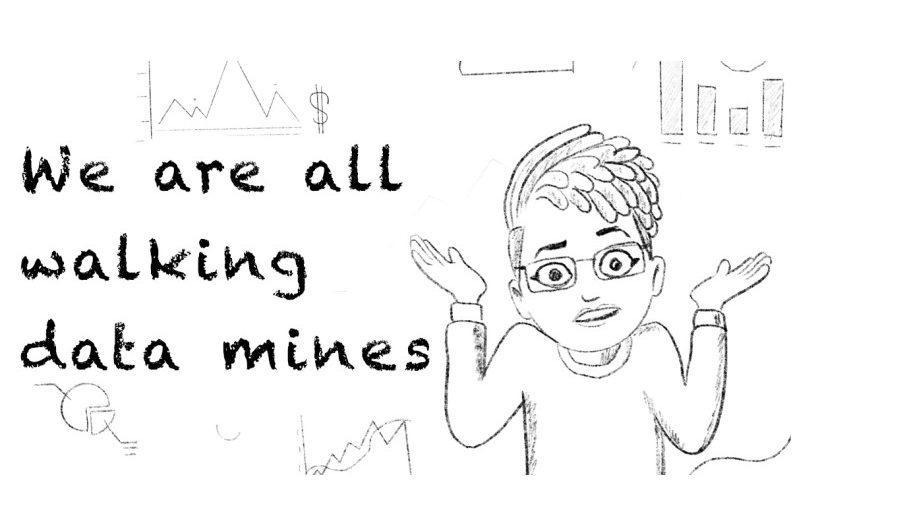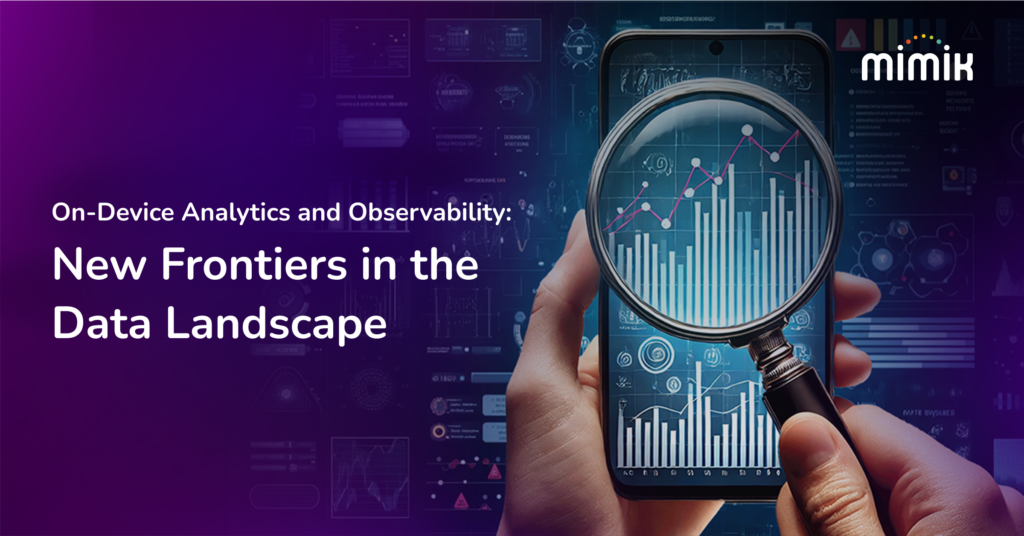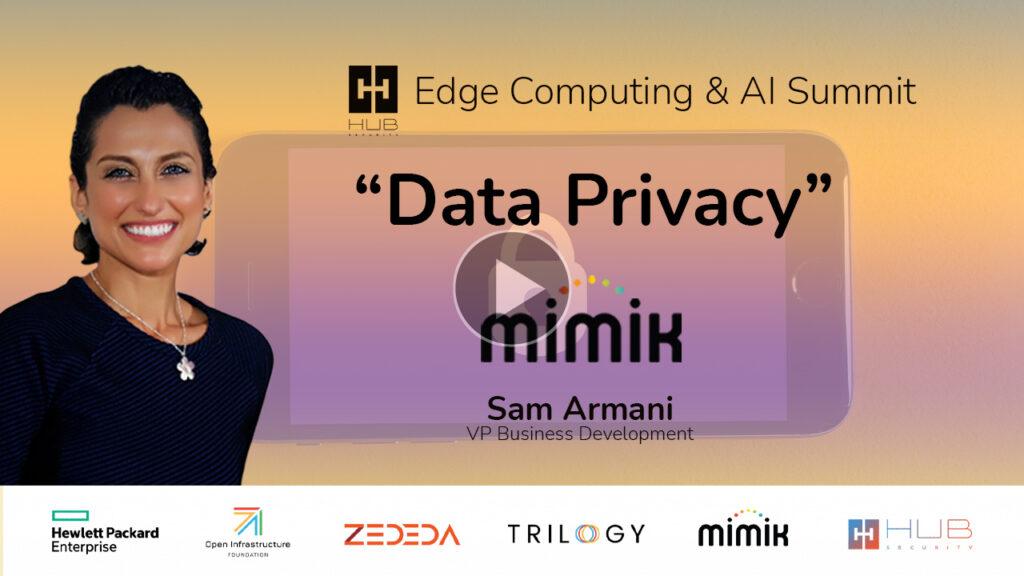Personal data is not only a personal asset that needs to be kept private for our protection from abuse but also a valuable commodity and potential source of income.
In the pre-digital economy, we used our physical or intellectual abilities to generate income which we would in turn spend on life’s necessities and goods and services.In today’s digital economy, the data we produce has monetary value; very much like our physical or intellectual labor. It contains information that helps businesses make decisions and generate additional revenues. While there are many discussions around data mining and data privacy, there hasn’t been as much focus on generating revenues from personal data for the owners of the data. A handful of very large companies have been mining and reselling consumer and enterprise data without sharing the revenues with the producers of this data. Most people and even enterprises either do not recognize the value of their data or don’t have a simple way of monetizing their data.
Take for instance the case of the white knights of the ride share sector like Uber and Lyft that provide convenient ride discovery with “cheaper” fairs and at the same time create new jobs. For these companies, their main source of revenue is a percentage of the ride fair. But they also collect and mine valuable data on drivers, passenger, the cars operated by drivers, traffic and driving patterns, frequent and popular destinations, tourism patterns, consumer and provider behavior, and many other valuable data. These data are continuously collected and processed to gain valuable knowledge. The knowledge extracted from the data not only can generate additional revenues from new sources but also can impact the future of businesses by identifying trends and disruption opportunities through data mining. For instance, the ride services data can be used to help roll out a network of autonomous vehicles that would eventually dis-intermediate drivers’ roles and make them redundant.
The larger the network for collecting this data, the larger is the power and control on monetization and less opportunity to compete by smaller entities. In effect, consumers and smaller enterprises are the data producers that fuel the growth of these businesses and not only do they not receive any benefits, but their data can be used to manipulate their decisions or used to minimize their participation and share in the economy. Our data is invaluable for the growth and expansion of these companies.
We’re in effect investing our data into these companies which they monetize but don’t provide us any financial returns on our investment.
However, you cannot blame these companies for mining the data that we voluntarily provide for free. Today, we don’t have a simple way of monetizing our personal data and have become reliant on the services provided by them. Ideally, we should get a return from the value of our data similar to getting equity in return for cash investment in these companies.
We must realize that most of our data has perpetual value; one could even claim that some of our data becomes more valuable over time contributing to a valuable data ocean that can be processed to derive economic value. We’re all walking data mines with never ending and perpetual resources even after our physical deaths. Today, our data is being mined to create and grow highly profitable giant companies with little return on our investments that are fueling their success.
As my friend Gina Cody once said; this sounds like the unfortunate life of Henrietta Lacks (https://en.wikipedia.org/wiki/Henrietta_Lacks) whose cells were taken without her knowledge in 1951. Her cells and the knowledge derived from them became one of the most important tools in medicine, and vital for developing the polio vaccine, cloning, gene mapping, and other important commercial endeavors in the health sector. Henrietta’s cells have been bought and sold by the billions, yet she remains virtually unknown, and her family can’t even afford health insurance. Our personal data is a valuable resource that is stolen from us like our labor was stolen from us during the slavery and in the early days of industrial revolution. The difference is the way this is done, not through forced labor camps, nor unorganized labor force with no collective power, but through google searches, and Facebook likes, and Instagram posts.
What we receive in return for our valuable data is junk advertisement that manipulates our behavior as consumers, influencing our buying decisions, and even our social and political choices. Those with power to mine our data can control our lives and destiny putting many of us in digital ghettos!
The digital economy must compensate the producers and owners of data. It is obvious that this is not going to happen voluntarily as long as we are willing to provide the data for free. Some governments have established data privacy provisions to protect us from serious abuse and manipulation, but that does very little to provide us a fair share of the economic value of our data.
To address this issue, we must first realize the value of our personal data, and then we need a technology platform that could help us monetize our data with little cost or overhead.
As a first step, we need to remove all unnecessary middle-men in the consumer and enterprise data value chain. Then, we need a scalable technology platform and the business logic to allow consumers and enterprises to seamlessly provide the data in return for monetary value.
One key technology to enable this vision is edge cloud which can enable the consumer to better control and manage their personal data with minimal reliance on central entities. Edge cloud can help build new concepts such as personal data wallets where data can be exchanged real-time in return for economic value.
Edge cloud can provide an efficient, scalable, and interoperable platform for real-time exchange of consumer and enterprise data. The business logic can be built to empower the consumer to get fair share of value in the trade of this valuable commodity. The adoption of edge cloud can help return a significant value to consumers and at the same time create a new ecosystem of new companies for data brokerage.



